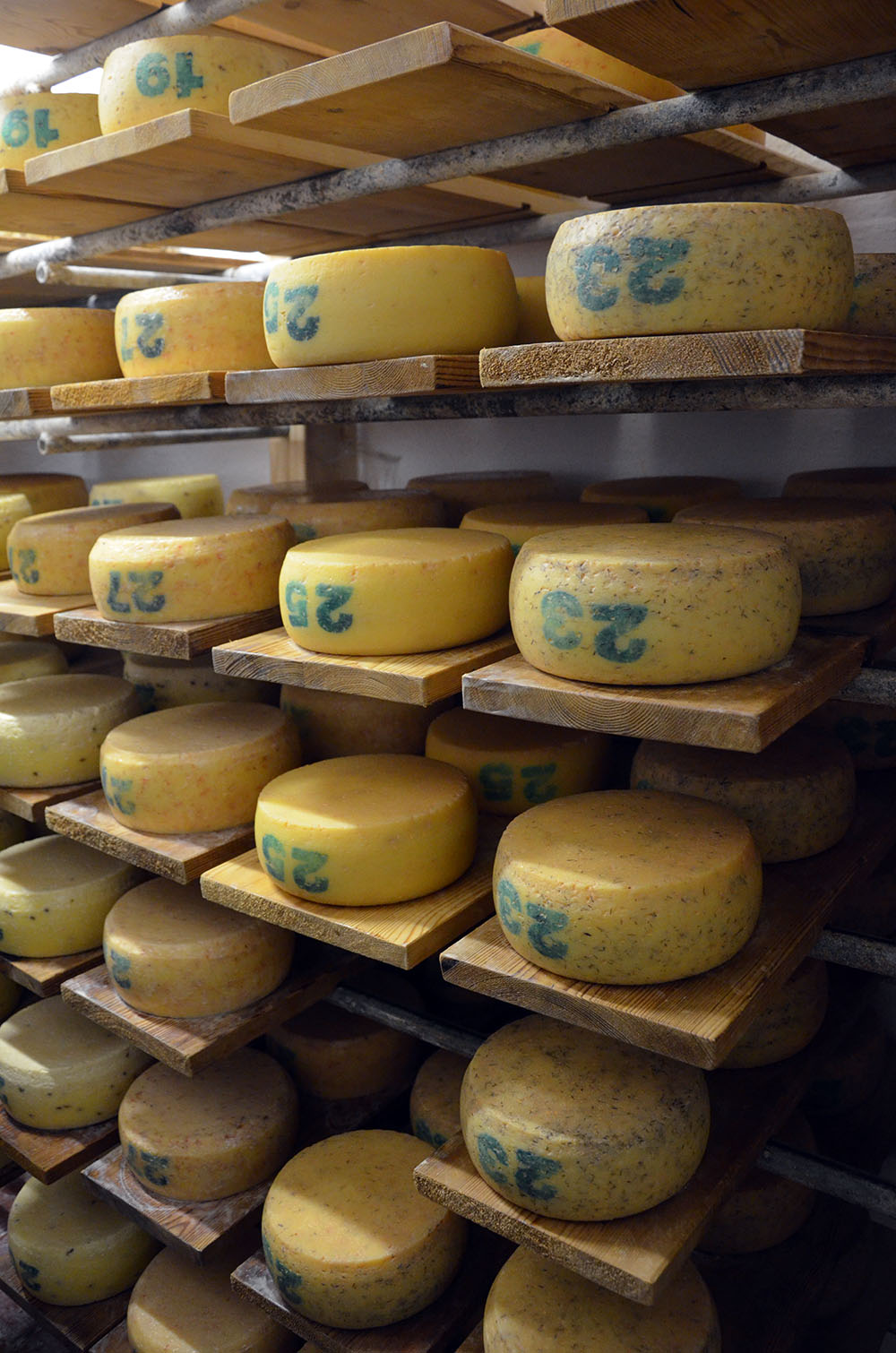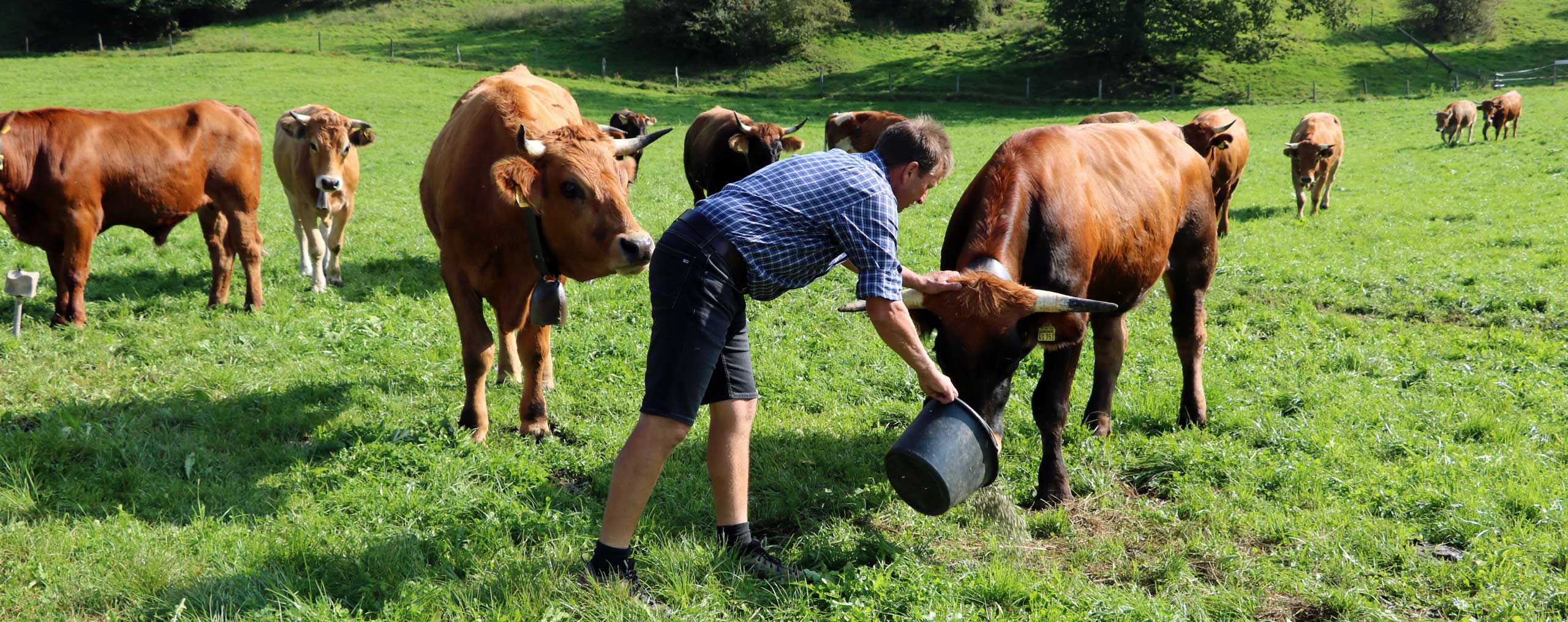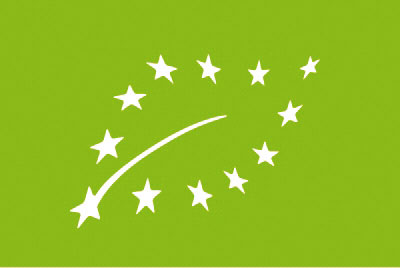Naturland does organic better
Naturland added Value
NATURLAND DOES ORGANIC BETTER
We are all consumers. We can support positive developments and curb negative ones through our daily buying choices. Consumers who buy Naturland products are supporting a farming system that makes a big difference by:
- Strengthening plants naturally instead of using chemical pesticides
- Using organic fertilisers and smart crop rotations instead of artificial nitrogen fertilisers
- Promoting biodiversity instead of genetic engineering
- Favouring species-rich cultivated landscapes over maize deserts
- Farming livestock in a welfare-orientated manner using locally sourced organic feed instead of feed imports and meat exports that damage the climate
- Promoting organic and social agriculture instead of food dumping
Naturland farmers often have to comply with even stricter rules than those set by the EU Organic Regulation. For example, they always have to convert their entire farm to organic practices and must farm fewer animals per hectare of arable or pasture land. This way, they avoid overfertilisation and better protect our groundwater (see standard comparison).
If it's good for the environment, it’s good for people. Naturland farmers produce healthy, natural food products that should ideally remain as untouched as possible. That’s why we also place strict rules on processing. The EU Food Law permits around 330 additives, only 53 of which are allowed to be used in organic food products. Naturland only allows 22 of them.
Less is more, after all. Do we really want our food to be produced any other way?
What we stand for
Organic pays for humans, animals and for the environment
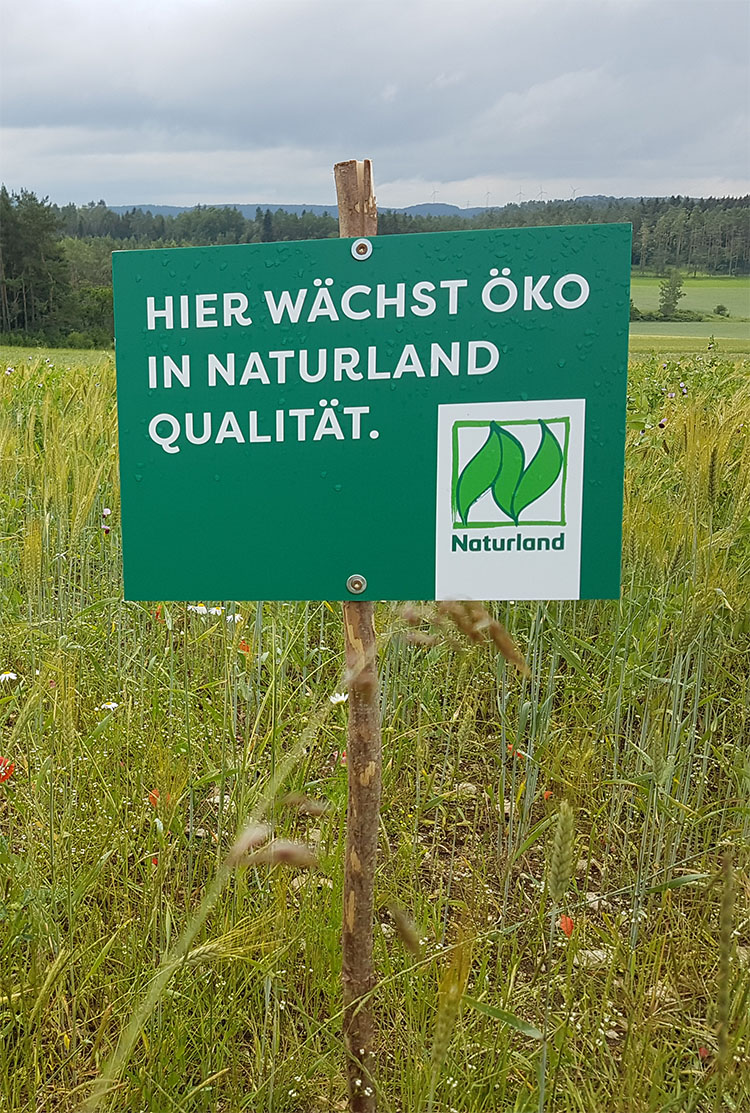
-
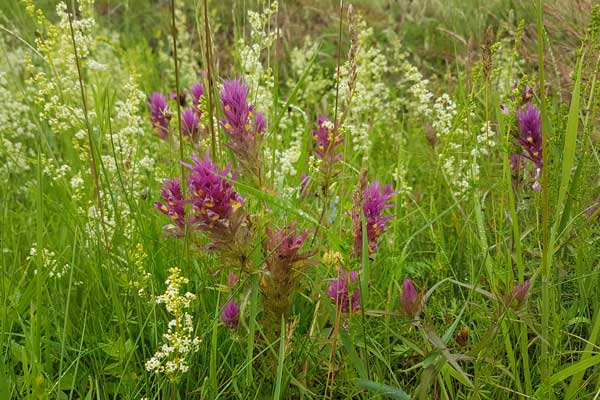
Biodiversity
Organic farming plays a huge role in promoting biodiversity throughout our cultivated landscape. Evidence shows that refraining from using chemical plant protection products, encourages more wildlife species to grow on and inhabit organic fields.
-
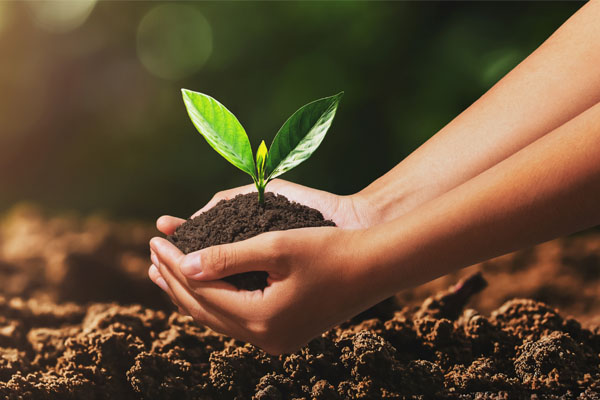
Soil
Causing damage to our soils is just as dangerous for mankind and nature as climate change. Without soil, there would be no food security, no biodiversity, no clean water and no CO2 storage. Organic farming practices play a significant role in maintaining and improving soil health by increasing soil fertility, encouraging humus formation and promoting soil conservation measures, all of which contribute greatly towards protecting our water, climate and wildlife.
-
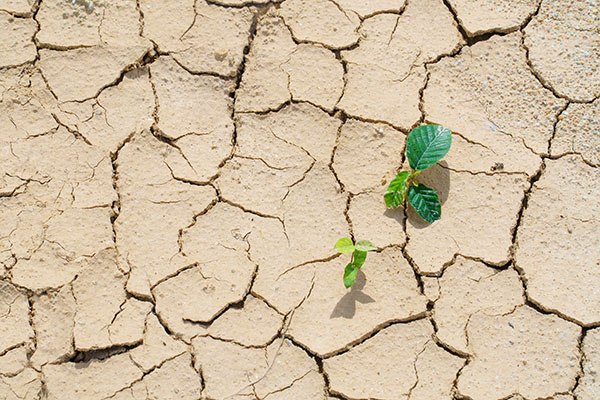
Climate
The agricultural sector produces over 16% of global greenhouse gases as a result of livestock farming, fertilisation and energy consumption. Due to the nature of organic farming systems, which involve closed-loop economies, no mineral fertilisers and low stocking densities, organic farming is much more climate-friendly than conventional farming.
-
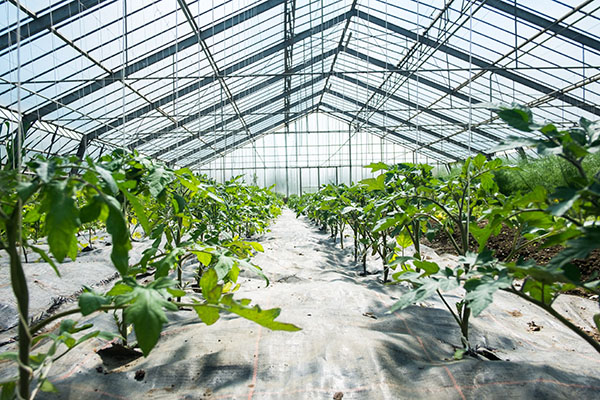
Plant protection
Organic farmers don't use artificial pesticides. Instead, they promote the plants’ own regulation mechanisms and prevent disease by using appropriate cultivation measures. If these measures are not sufficient, organic farms can also fall back on plant protection products. The products they use are naturally occurring substances, such as neem tree extracts and microorganisms such as fungal spores.
-
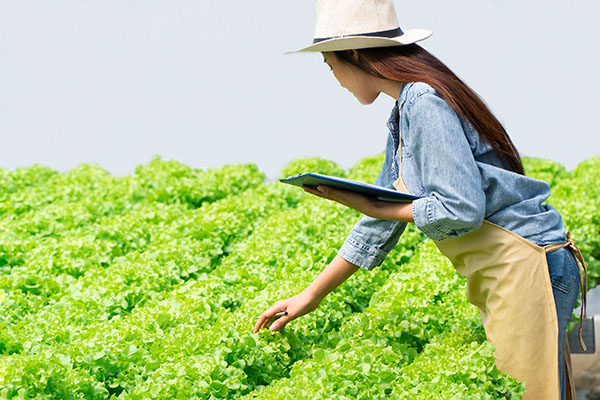
Quality assurance
Our independent inspection procedures and consistent application of the Naturland standards allow farmers to create a solid foundation for producing high-quality food in harmony with nature and the environment. This quality standard is certified by the Naturland logo.
-
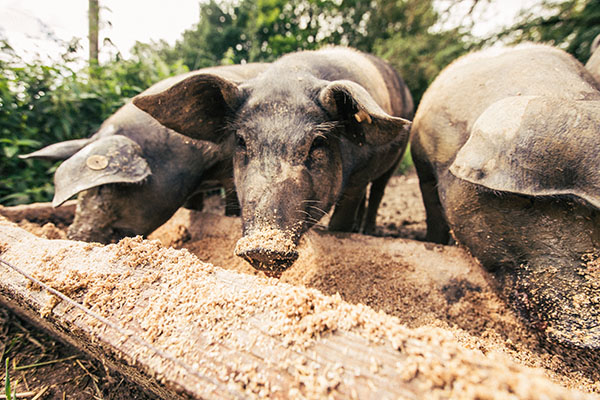
Animal welfare
For our farmers, taking care of their animals responsibly is just as important as working without pesticides or genetic engineering. Animals are our fellow creatures and they have their own specific needs. At Naturland, farmers, advisers and specially appointed Naturland animal welfare officers all work in close collaboration to ensure the animals well-being.
-
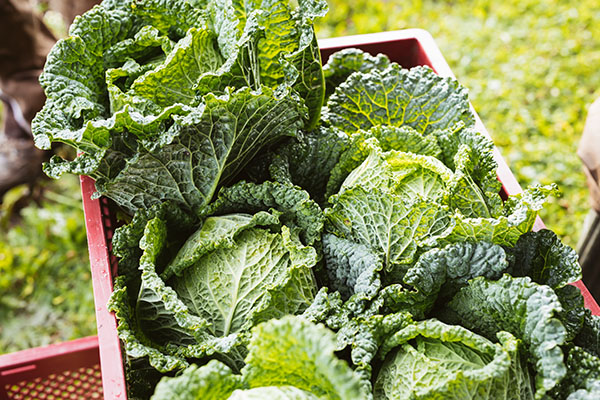
Veganism
Nowadays, consumers are increasingly likely to take into account the moral, ethical, environmental, culinary and health aspects of their food in addition to the price when they shop. Since conventional farming comes up short when it comes to giving convincing answers, many consumers are drawing their own conclusions and giving up meat entirely. Discerning, quality-orientated consumers consume less animal-based products (if any), support the underlying values and aims of organic farming and spark discussions around modern livestock farming and basic nutritional issues. They are key customers and supporters of organic farming, and an indispensable voice within society. Nevertheless, many wonder whether a radical shift away from eating meat would in fact be damaging to the organic farming sector.
-
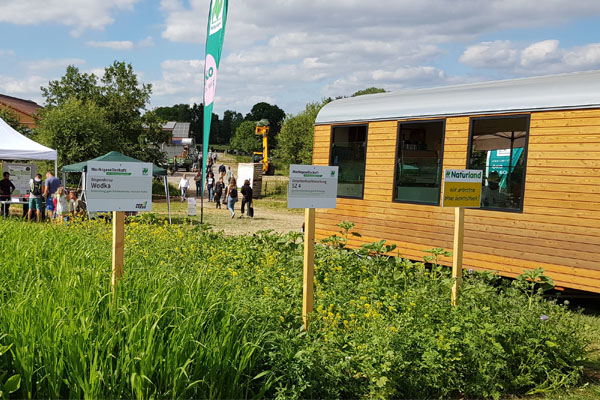
Breeding
For thousands of years, humans have been breeding animals and plant varieties that are now used as a basis for organic food production. The majority of these animals and plants were bred for conventional farming, and as such they pose some significant problems for organic farmers. However, Naturland farmers and market societies are actively engaged in sustaining existing varieties that are suitable for organic farming and developing new ones.
NATURLAND SETS THE BAR – EVEN WHEN IT COMES TO PROCESSING
-
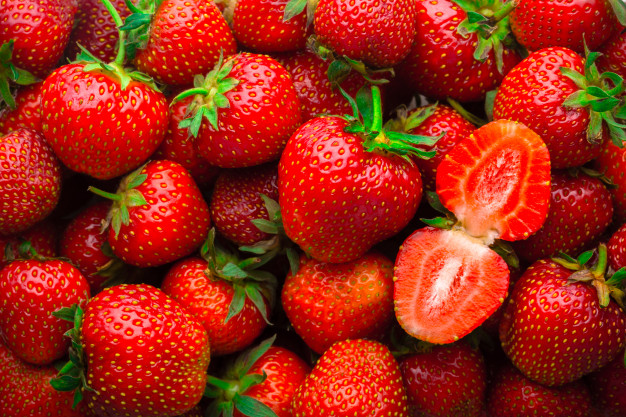
Flavourings
To add flavour to their organic food products, organic processors are only allowed to add flavouring preparations, such as essential oils and distillates, or natural flavourings (from Naturland fruit in the case of Naturland). As such, significantly fewer flavourings are allowed in organic products in comparison to conventionally-processed products.
-
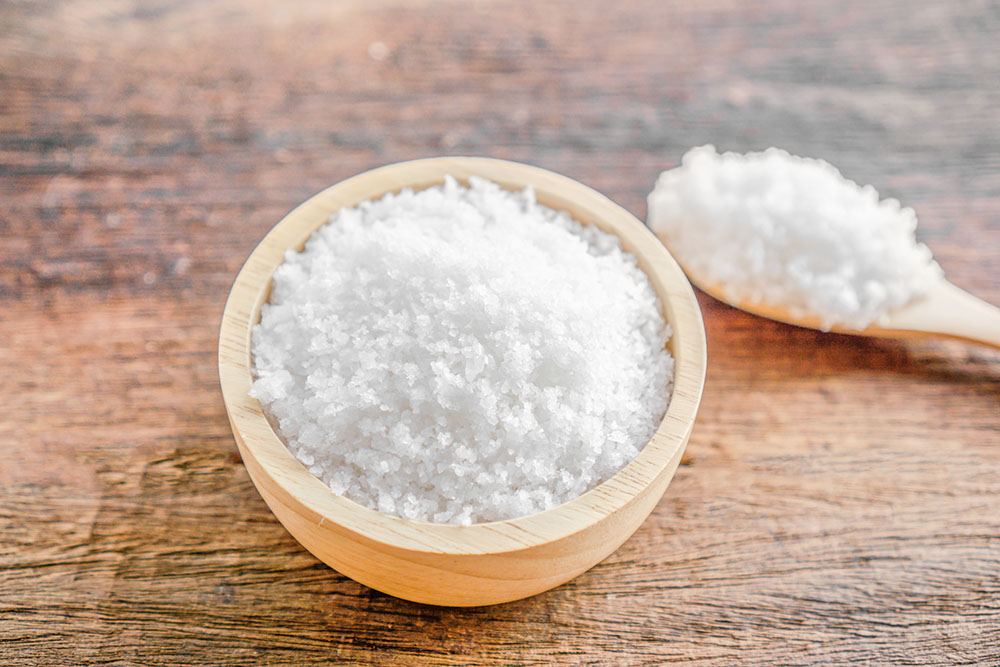
Iodine
No other trace element is as controversial as iodine. In nutritional science, iodine is considered to be indispensable for metabolism and for the production of thyroid hormones. As a food additive, only the use of iodised (common) salt needs to be declared on the ingredient list of a food product. For clarity, Naturland has purposefully emphasised this labelling requirement in its processing standards.
-
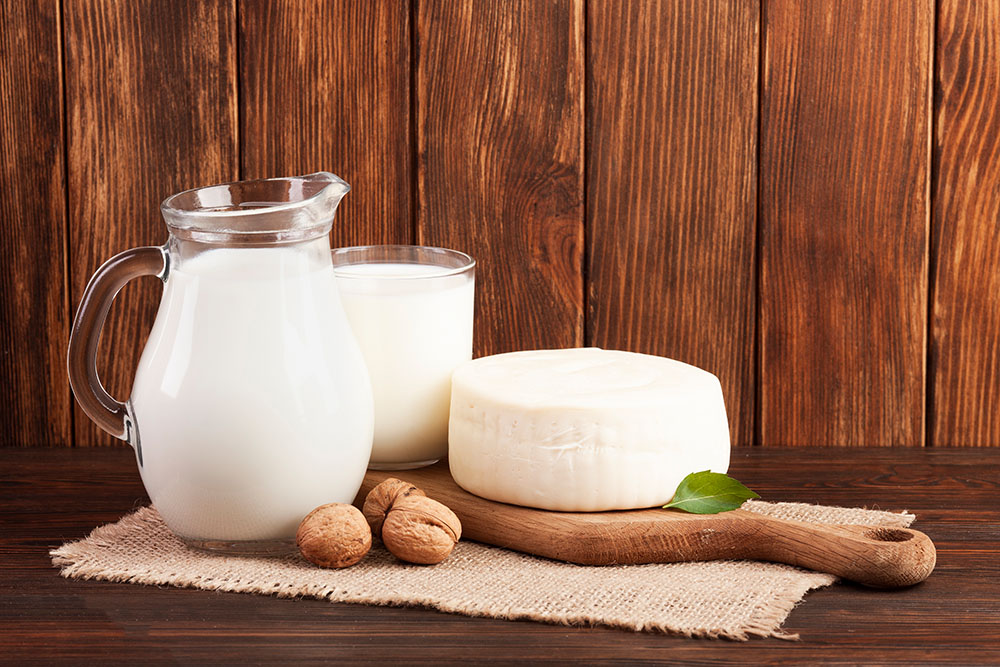
Milk
Milk production is the primary source of income for organic farmers in Germany. They produce approximately 500 million litres of milk per year. Milk provides us with calcium for building teeth and bones. Organic milk can even do more! Studies have shown that grazing cattle and/or feeding them green fodder improves the nutrient quality of milk. The milk from organically raised dairy cows contains more omega 3 fatty acids and conjugate linoleic acids on average than milk from conventionally raised dairy cows.
-

Nanotechnology
Since little is still known about the environmental impact of nanomaterials and their effects on people, we must consider nanotechnology as a risk factor for now. This is why Naturland prohibits the use of nanomaterials during the production and processing of food and cosmetics as part of its standards. This also includes packaging that contains nanomaterials.
-
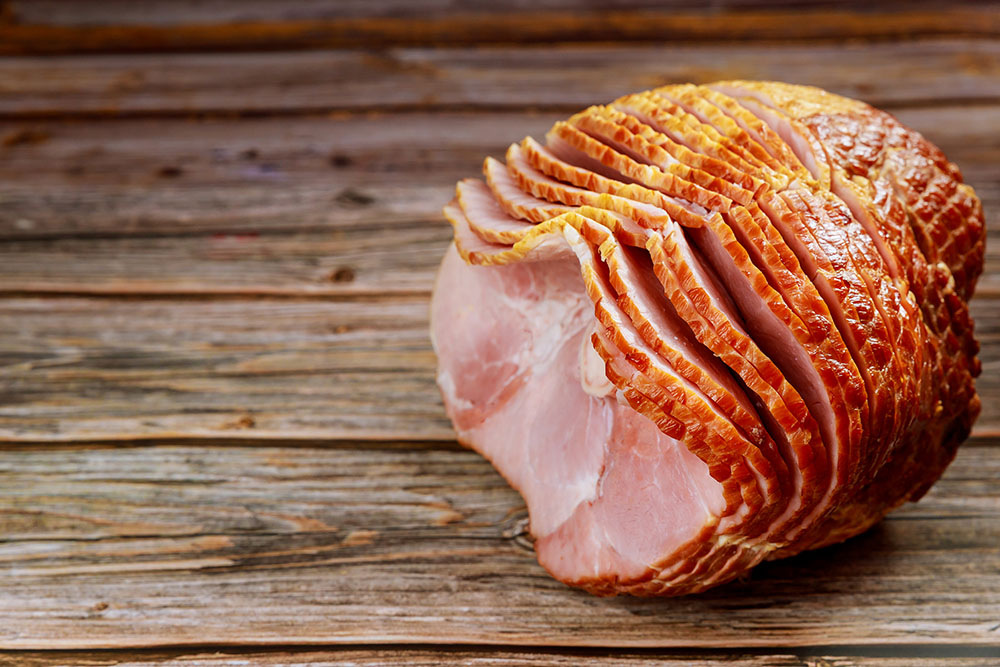
Nitrite pickling salt
Nowadays, around 90 per cent of the sausage and meat products in our shops are cured. Pickling salts (NPS) are made up of a mixture of table salt and either sodium nitrite (E 250), sodium nitrate (E 251) or potassium nitrate. Of these, organic processors only use sodium nitrite and potassium nitrate. Instead of NPS, some organic processors use vegetable extracts that naturally contain nitrates.
-
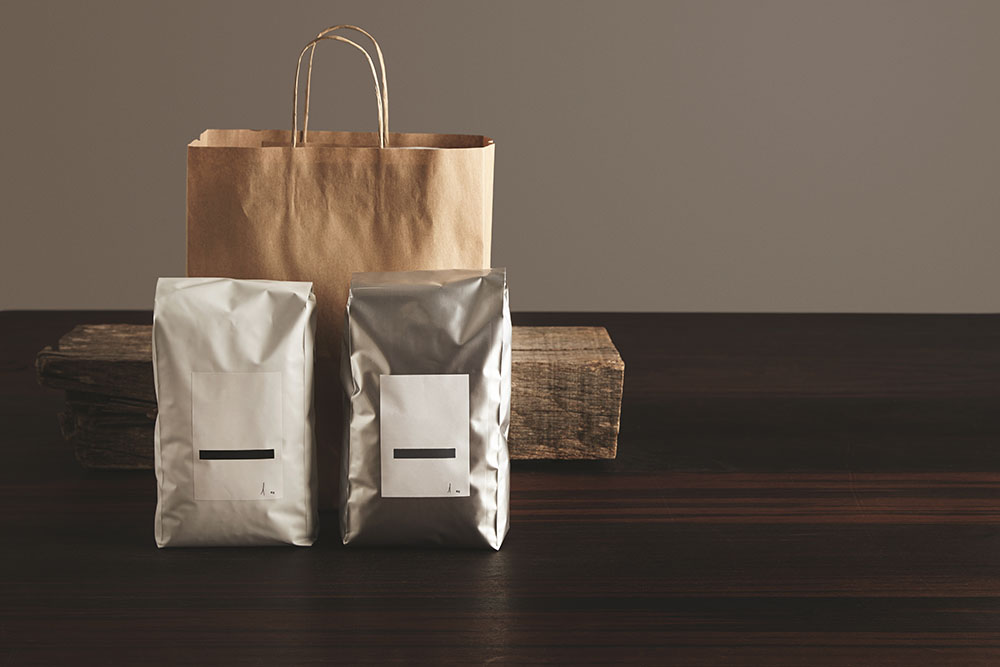
Packaging
Naturland products are produced in a way that protects our environment, animals and resources. They also meet Naturland's social and, increasingly, fair criteria. When food is produced with such care and to such a high organic quality, it also deserves special protection. In this sense, the most sustainable type of packaging is the one that best protects the organic food product in question.
-
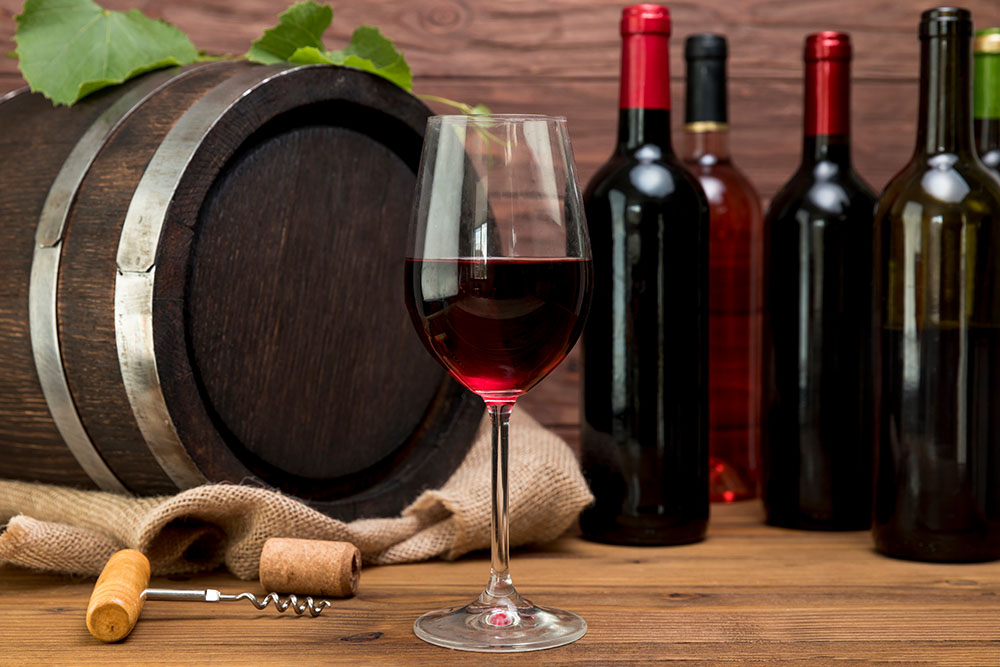
Wine
Organic wine has a growing following and has become a staple in the premium sector. This positive development is all down to the wine's natural and unique character which stems from healthy soils, consistent vine maintenance, true craftsmanship and skill. Naturland has strict requirements for wine producers when it comes to soil maintenance, cultivation, fertilisation, plant protection and processing. This ensures a high level of organic quality and a high degree of transparency for both customers and producers.
-
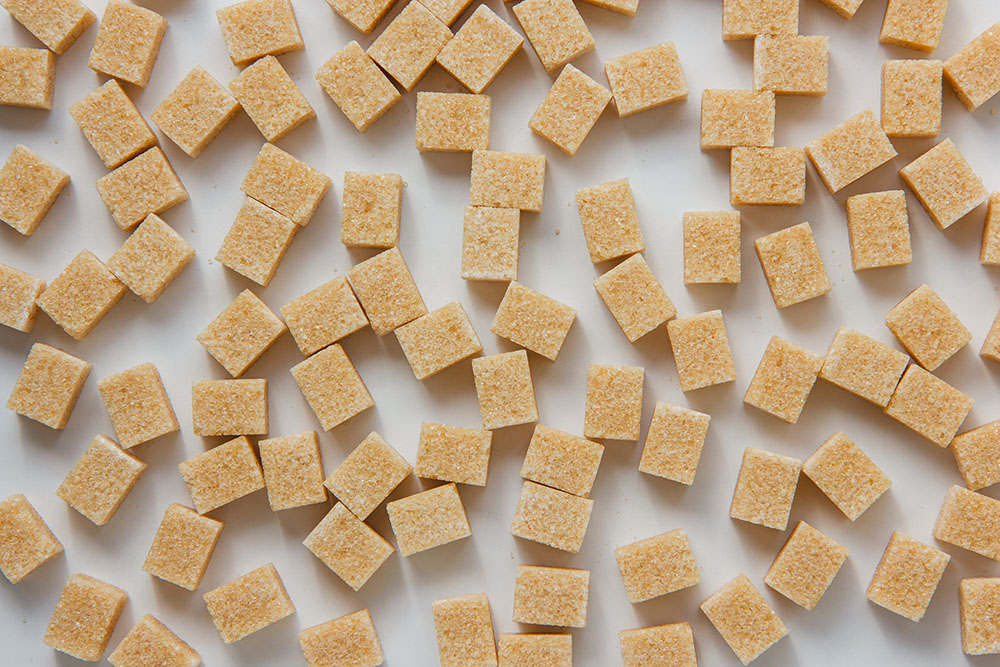
Additives
No "problematic" substances such as flavour enhancers, preservatives, stabilisers, rapid ripening agents, sweeteners, synthetic colourants or phosphates (in meat products) are used in organic foods. For example, only 53 of the 330 substances authorised for use in the EU are used in EU organic foods. The Naturland standards restrict this even further by only allowing 22 of these substances.
